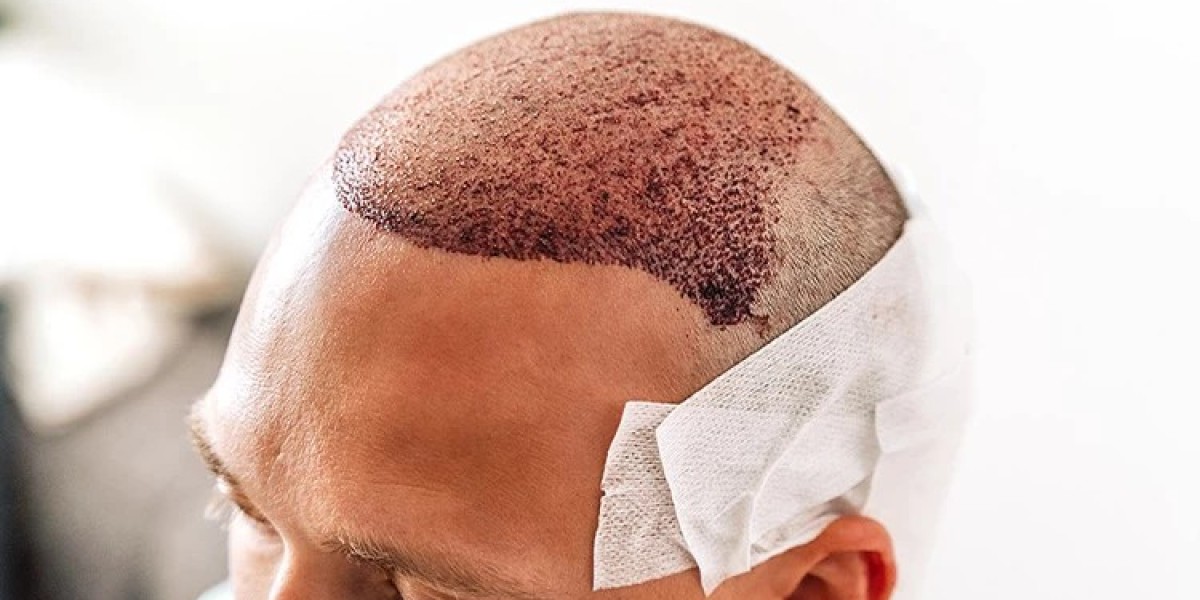One of the most common questions among individuals considering hair restoration is, “Is hair transplant surgery expensive?” The short answer: it can be, but the cost reflects the procedure's permanence, precision, and natural-looking results. Hair Transplant(زراعة الشعر ) are a long-term investment in your appearance and confidence, and understanding the cost breakdown can help you determine if it's the right option for your hair regrowth goals.
Why Investing in Hair Transplant Surgery Matters?
Hair loss can be emotionally and psychologically challenging. For many, regaining a full head of hair is not just about looks—it’s about restoring confidence. Here’s why this treatment is worth considering despite the cost:
Long-term solution compared to temporary fixes
Helps reverse signs of aging and thinning
Improves self-esteem and social interactions
Boosts professional appearance and confidence
Unlike shampoos, serums, or non-surgical methods, a hair transplant offers visible, lasting change that doesn’t wash out with time.
Risks and Benefits of Hair Transplant Surgery:
Understanding the pros and cons of hair transplant surgery is crucial when evaluating whether the price tag is worth it.
Benefits:
Permanent hair regrowth using your natural follicles
Customizable to restore receding hairlines, crowns, or patchy areas
Minimal maintenance once hair is fully grown
Natural-looking results with modern FUE and FUT techniques
Risks:
Temporary swelling or bruising of the scalp
Infection or scarring (though rare with skilled surgeons)
Shock loss (temporary hair shedding post-op)
Costly upfront payment, especially in premium clinics
However, the benefits far outweigh the risks when performed by experienced professionals. It’s a life-changing decision for many, and one that pays off over time.
Preparing for Hair Transplant Surgery:
Proper preparation ensures you get the best results and avoid unnecessary complications, making the cost more justifiable in the long run.
Financial Preparation:
Consider payment plans or medical financing offered by many clinics
Look into insurance options (note: cosmetic procedures are usually not covered)
Physical Preparation:
Stop smoking and alcohol at least one week before
Avoid blood-thinning medications like aspirin
Consult with your surgeon about medications or medical history
Plan time off work, especially during the early healing phase
Being physically and financially prepared helps maximize your investment and recovery.
Aftercare and Cost-Efficient Maintenance:
Once the surgery is complete, proper aftercare ensures you protect your Best Hair Transplant(أفضل زراعة شعر) results—helping justify the initial expense.
Key Aftercare Tips:
Avoid direct sunlight and harsh products for a few weeks
Gently wash your scalp with doctor-recommended shampoos
Sleep elevated to reduce swelling
Don’t scratch, rub, or pick at the grafts
Follow-up visits may add small costs, but are essential
Maintaining a healthy scalp post-surgery is vital for ensuring long-term success without additional procedures later on.
FAQs About Hair Transplant Costs:
Q: Why is hair transplant surgery so expensive?
A: The price includes surgeon expertise, tools, operating room fees, graft quantity, and long-lasting results.
Q: Is it cheaper in some countries?
A: Yes. Countries like Turkey, India, and Thailand offer competitive prices with high-quality care, attracting medical tourists.
Q: How is the cost calculated?
A: It’s often based on the number of grafts, type of procedure (FUE vs. FUT), and clinic location.
Q: Are there budget-friendly alternatives?
A: PRP therapy, medications, or cosmetic concealers are cheaper, but results vary and are usually temporary.
Q: Is a one-time cost better than continuous treatments?
A: Absolutely. Though pricier upfront, a transplant is often more cost-effective long-term compared to ongoing, less-effective treatments.
Conclusion:
So, is hair transplant surgery expensive? Yes—but it’s also a worthwhile, permanent solution for those struggling with hair loss. The cost reflects the skill, technology, and long-lasting transformation it provides. If you value natural, dense hair and long-term results, a transplant is not just a cosmetic upgrade—it's an investment in yourself. Evaluate your goals, research your options, and consult a specialist to see if it’s the right time to reclaim your confidence.









